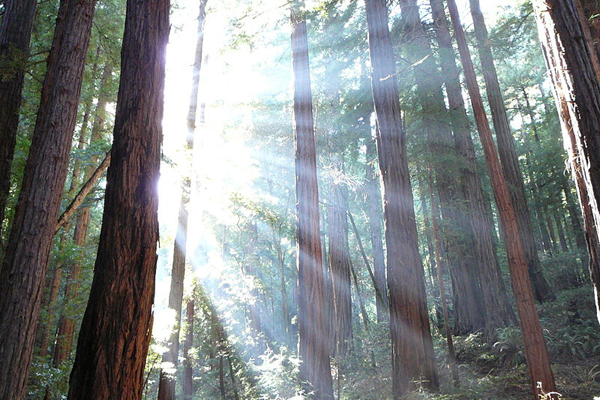News

Sustainability expertise contributes to Vatican platform to track environment goals
The University of Dayton provided sustainability expertise to the Vatican in the development of the Laudato Si' Action Platform to help track goals from Pope Francis' 2015 encyclical on the environment.
The online platform's soft launch is May 25, with a full launch in early October.
Matthew Worsham, UD energy efficiency and renewable energy manager, and Marianist Sister Leanne Jablonski who also serves as Hanley Sustainability Institute scholar for faith and the environment, were part of the universities working group for the Vatican's Dicastery Team for Promoting Integral Human Development Laudato Si' Action Platform. Rebecca Potter, director of UD's sustainability program and Hanley Sustainability Institute director of curriculum, was part of a dicastery universities team focused on ecological education.
The trio shared successes and challenges from UD's sustainability efforts and how some successes could be implemented on the online platform. Their input included teaching sustainability in the classroom and student experiential learning outside the classroom. They also advised on how facilities operations and the best way to share sustainability information within organizations.
The University attracted the attention of the Vatican group, in part, through the work of the Hanley Sustainability Institute and the UD Division of Facility Management and Planning with the Global Catholic Climate Movement sustainable facilities working group.
"We have been reaching out to relevant experts on campus and in the community to help answer the working groups' questions and help the Vatican build a library of resources and examples for other universities," Worsham said. "The Vatican has seven Laudato Si' goals for the environmental and human rights change it wants to see in the world, and the working groups help the Vatican apply its goals appropriately in those sectors. For example, one approach doesn't fit all. So we advised how to apply goals for higher education in the United States while others advised how to implement goals for schools of different sizes around the world."
The encyclical's goals include: work toward carbon neutrality; defend human life; engage in sustainable production, fair trade, ethical consumption and investments; reduce use of energy and resources; redesign education around integral ecology; recover a religious vision of God's creation; and emphasize community involvement and participatory action around creation care at all levels of society.
"Catholics have a critical mass to collectively address climate change, reduce economic poverty and achieve total sustainability through education, health care, environmental non-profits, parishes and religious congregations, such as our global Marianist Family, who are engaged in many of the sectors," said Jablonski, who directs the Marianist Environmental Education Center and has participated in the vowed religious international initiative, Sowing Hope for the Planet.
Potter said the invitation from the Vatican to contribute to these issues has been an honor for the University.
"It's been a privilege to contribute to the common good and, as the encyclical Laudato Si' asks, contribute ways to care for our common home. In working with other sustainability educators and advocates from universities across the globe, the sense of a shared vision is truly inspiring. There is tremendous energy, faith and hope in this effort," said Potter, who was instrumental in creating and now directs the University's bachelor's programs in sustainability. "These are valuable experiences we can bring to our students in the classroom, such as discussing and creating policy with a major international body or how others view and implement sustainability globally."
The University, which was the first U.S. Catholic college or university to divest from fossil fuels, has a gold rating in the Association for the Advancement of Sustainability in Higher Education's Sustainability Tracking, Assessment & Rating System (STARS). Its STARS score ranks first in Ohio and fifth among U.S. Catholic colleges and universities. UD earned perfect or near-perfect marks for academic research; diversity and affordability; sustainability coordination and planning; purchasing; and innovation and leadership.
UD also is among the most environmentally responsible colleges in the nation, according to The Princeton Review's Guide to Green Colleges: 2021 Edition.
It is part of Second Nature's commitments to reducing greenhouse gas emissions and achieving carbon neutrality and to increase climate adaptation and resiliency to deal with a changing climate and resulting extremes. The University also is part of the Global Catholic Climate Movement and the U.N. Global Compact — the world's largest corporate sustainability initiative.
The University's sustainability education initiatives, many of them spurred by student leadership in and out of the classroom, received a boost in 2014 with a $12.5 million gift from the George and Amanda Hanley Foundation. The largest single gift in University history also established the Hanley Sustainability Institute.
“I am so inspired by the creative leadership of UD students who embody Laudato Si' through their sustainability initiatives that call all of us to protect the planet, the poor and future generations," Jablonski said. We shared much of their work during this process, and this platform amplifies their impact toward Pope Francis' goal of carbon neutrality by 2030."
For interviews, contact Shawn Robinson, associate director of news and communications, at srobinson1@udayton.edu or 937-232-2907.
